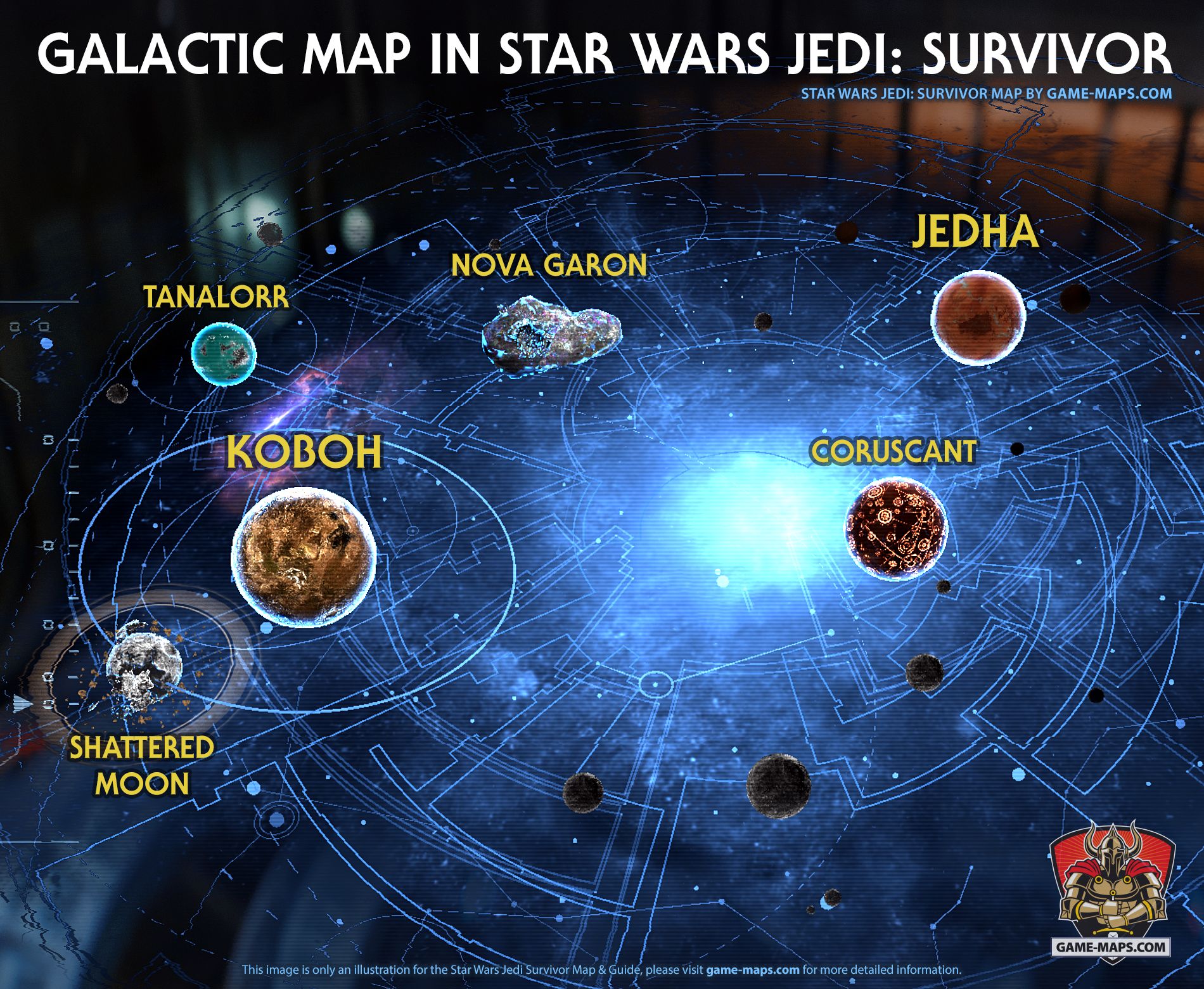The sweet, sweet world of gaming, where the landscapes are vast, the adventures are endless, and the characters become like family. But even in this pixelated paradise, sometimes we need to hit the pause button, step away, and take a breather. It’s not about quitting; it’s about recharging. And when it comes to games that we never truly leave behind, just take extended breaks from, a few titles stand out like the trusty old friends they are.
Alternating Between Long and Short Games
Minecraft, that sandbox of infinite creativity, is the digital equivalent of a childhood Lego set. It’s the game that keeps on giving, no matter how many times you walk away. Whether it’s the lure of building something monumental or the simple joy of exploring new biomes, Minecraft is the comfort food of gaming. It’s no wonder that it’s a title many of us return to time and time again, each break ending with the excitement of a new update or a fresh idea for a build.

Then there’s Team Fortress 2, the team-based shooter that’s as much about hats as it is about payload carts and capture points. Its cast of colorful characters and the community’s never-ending stream of custom content make it a game that’s hard to leave for good. Sure, you might step away for a while, but the call of a new update or the nostalgia for that perfect rocket jump brings you back into the fray.

Don’t forget Dead by Daylight, the multiplayer horror game where you’re either fleeing for your life or embracing your inner villain. It’s a thrilling cat-and-mouse chase that’s different every time you play. The ever-expanding roster of killers and survivors means there’s always something new to come back to after a hiatus, whether it’s a few weeks or a few months.

What is it about these games that make them so easy to return to after a long break? Is it the memories, the mechanics, or the communities that keep us coming back? Perhaps it’s a mix of all three, a perfect blend of familiarity and novelty that beckons us back to these digital worlds we’ve grown to love.
For many gamers, the relationship with these titles is a testament to their design and the experiences they offer. They’re not just games; they’re hobbies, passions, and part of our identity. They’re the games that we never really quit; we just take very long breaks from them, knowing that when we return, they’ll be there waiting for us, just as we left them.
Finding the Right Balance for Your Gaming Habits
Let’s dive into the art of balancing those epic quests with bite-sized gaming adventures. It’s a delicate dance, one that requires a keen understanding of your own gaming habits and the willingness to adapt. The goal? To avoid that dreaded burnout that can tarnish the final hours of a grand adventure.
Take ‘Tears of the Kingdom,’ for example. It’s a game that invites you to lose yourself in its vastness, to wander and get delightfully sidetracked. But as some gamers have found, this approach can lead to exhaustion. The solution? Interspersing your journey with smaller games from your backlog, like ‘Little Nightmares’ or ‘Bastion.’ It’s like cleansing your gaming palate; you return to your epic quest refreshed and ready for more.
The community’s take on this is varied, but many agree that a mix of long and short games can keep the gaming experience fresh. Some players, like Animus Vox, advocate for ‘fast’ games like ‘Vampire Survivor’ or ‘Pizza Tower’ to break up the monotony of larger titles. Others, like shadowman16, suggest focusing on one big game at a time, but mixing in indies or retro games to keep things interesting.
The key is to listen to your gaming instincts. If you’re not enjoying a game at the moment, why force yourself through it? Roguelikes, for example, are excellent for picking up and dropping as needed. They offer a quick gaming fix without the commitment of a lengthy narrative.
What about the risk of derailing and never finishing a game? It’s a valid concern, one that Powerofthecloud addresses by suggesting that if a game isn’t meant to be finished, perhaps it’s just not meant to be. This sentiment is echoed by others who believe that gaming should be fun, not a chore.
The idea of alternating between games isn’t new. Yuntu, for example, finishes one game before starting another, sometimes inserting smaller ones in between. Nihilism4Dummies, on the other hand, juggles about 30 games at once, completing them over time without feeling lost or unable to get back into the groove.
How do you implement this strategy? Maliq shares a personal approach: play a big game for 20-40 hours, reach a milestone, then switch to a smaller game until hooked. Alternate between the two until the smaller game is finished, then return to the epic quest. This method keeps both games fresh and enjoyable.
Xeonidus and bananab both support the idea of playing smaller games to avoid burnout. They find that shorter games provide a sense of accomplishment and a complete adventure more quickly than slogging through a 200-hour epic, no matter how good it is.
Fright Zone and Valkerion have a similar approach, maintaining a mix of big games, smaller indie titles, and games like fighting titles that are easy to dip into. This allows them to play what they’re in the mood for, preventing the fatigue that comes from relentless progress through a single game.
9wilds offers a simple yet profound piece of advice: if you’re not having fun, stop playing and do something else that is fun. Gaming should be enjoyable, and regimenting your play can lead to a dislike of games altogether.
eternalblue and Deleted member 108302 both advocate for playing no more than two games at a time to avoid game abandonment. They find that alternating between a game with longer sessions and one with shorter sessions works well.
Richietto and Plum discuss the benefits of playing shorter games as a palate cleanser, allowing them to enjoy longer games without rushing through the later parts. OutofMana’s experience with ‘Tears of the Kingdom’ highlights the importance of playing in a way that maximizes enjoyment, even if it means taking breaks with other games.
The secret to never truly leaving a game behind is to understand your own gaming needs. Whether it’s alternating between big and small titles, focusing on one game at a time, or mixing in different genres, the goal is to keep the experience fresh and fun. Remember, games are meant to be enjoyed, not endured. So go ahead, take that break, play that indie title, and return to your epic quest when you’re ready. After all, the best gaming stories are the ones where you’re having the time of your life.
Related posts:
Taking breaks from a large game with smaller games? Burnout Cure or Recipe for not finishing the large game
What game did you quit playing for your own well-being?
Who here is thinking about quitting videogames all together, and why?





/cdn.vox-cdn.com/uploads/chorus_image/image/67634178/acastro_200318_1777_ps5_0001.0.jpg)